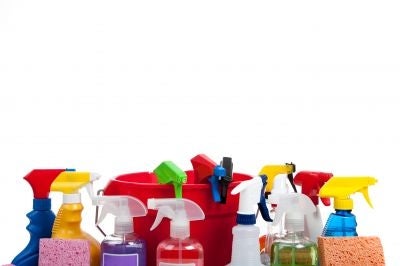A study released July 20 found a possible link between breast cancer and the use of household cleaning products which contain carcinogenic substances such as methylene chloride.
A study published July 20 by online journal Environmental Health, suggests that cleaning product use contributes to an increased risk of breast cancer.
The study included 787 women from Cape Cod, Massachusetts in the US who had been diagnosed with breast cancer between 1988 and 1995, and a further 721 control subjects.
The report found that the association between breast cancer, combined cleaning products and combined air freshener products doubled between the highest and lowest quartile of self-reported household product use; e.g., a large number of participants who used the most amount of cleaning products believed that such products were linked with cancer. The association between cleaning products and breast cancer was highest amongst participants who believed that pollutants contribute ‘a lot' to the risk of breast cancer. However, according to the report little association was made between pesticide use and breast cancer.
Though the study states that cleaning product use contributes to increased breast cancer risk, it also notes the difficulty of retrospective surveys in distinguishing between valid associations and recall bias.
Household cleaners are of interest to cancer researchers as a number of them contain ingredients which cause cancer in animal mammary glands, such as nitrobenzene found in soaps and methylene chloride which is found in fabric cleaners.
A number of ‘greener' cleaning products are manufactured by companies such as Eco-Clean and Bentley Organic amongst others, cleaning products such as these contain few (if any) toxic substances. For completely toxin-free and natural cleaning products, websites such as World Watch advocate making solutions out of common household items such as vinegar.
Both the websites for the European Commission and the United States Environmental Protection Agency contain information about ingredients legally found in household cleaners.
Subscribe to Independent Premium to bookmark this article
Want to bookmark your favourite articles and stories to read or reference later? Start your Independent Premium subscription today.


Join our commenting forum
Join thought-provoking conversations, follow other Independent readers and see their replies